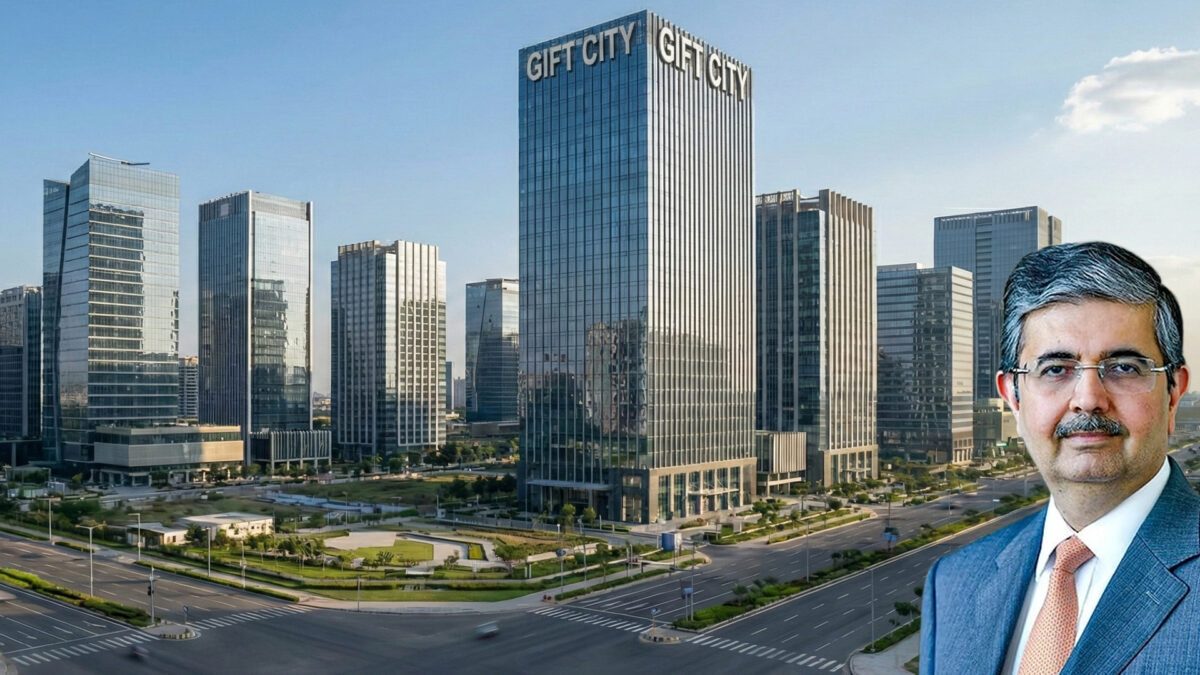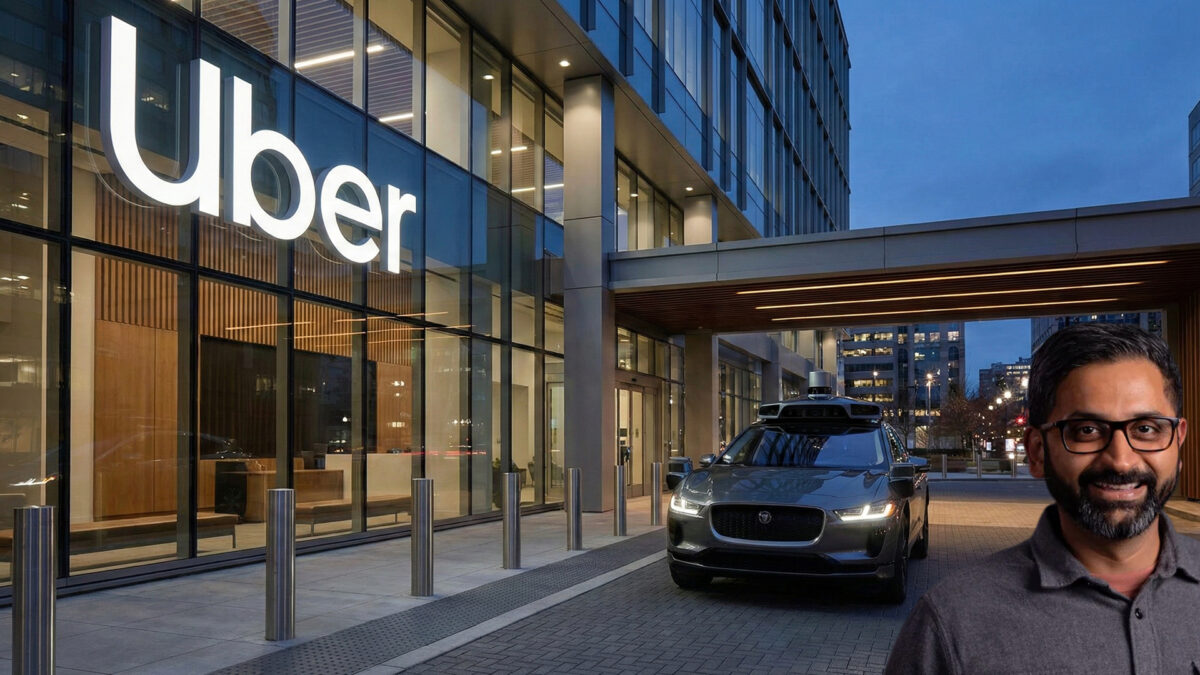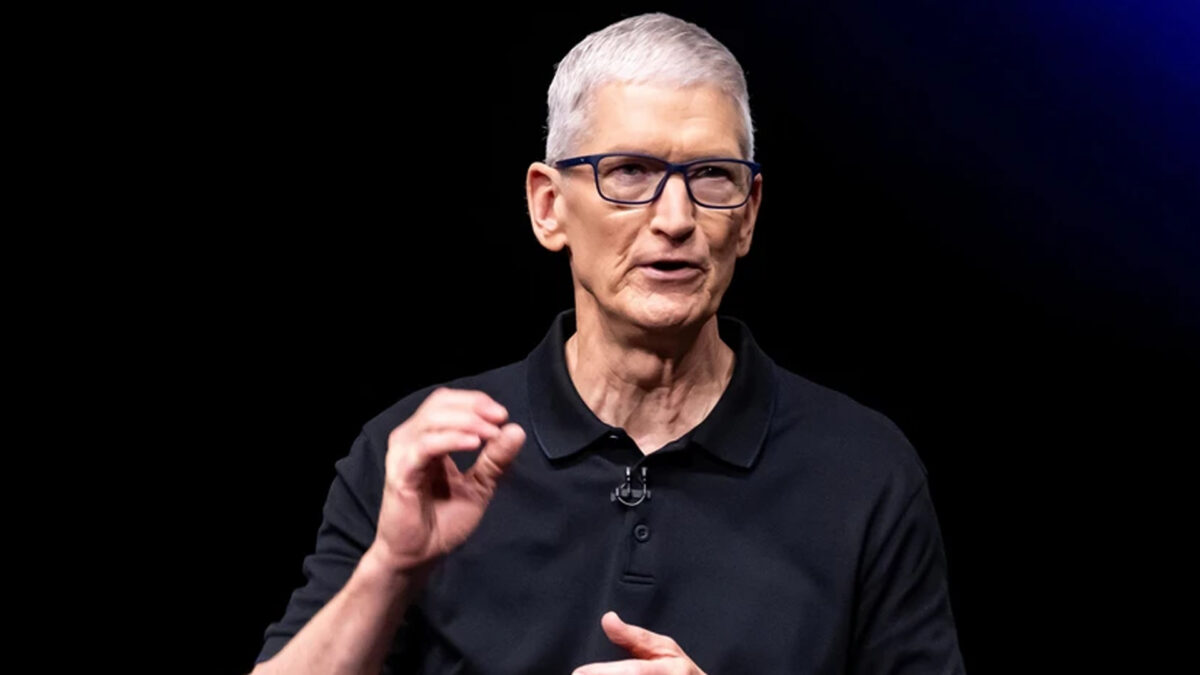In a move that reflects the fast-evolving priorities of the global artificial intelligence industry, OpenClaw creator Peter Steinberger has joined OpenAI to help build the next generation of personal AI agents — systems designed to independently manage digital tasks for users and enterprises.
Announcing the development, OpenAI CEO Sam Altman described the hiring as part of the organisation’s long-term vision to move AI from conversational support to real-world execution. These emerging “agentic” systems are expected to handle workflows such as scheduling, customer interactions, software operations and service coordination, areas that business leaders see as the next major productivity leap.
Steinberger’s open-source project OpenClaw has, in a short time, become one of the most talked-about innovations in the developer ecosystem, drawing massive global engagement and crossing the 100,000-star mark on GitHub. Its rapid adoption signals a clear market appetite for AI that does more than generate content, AI that can act.
As part of the transition, OpenClaw will move into an independent foundation model with continued support from OpenAI. This structure is seen as a strategic balance between community-driven innovation and enterprise-scale deployment , a model increasingly favoured in deep-tech ecosystems.
For Steinberger, the decision was mission-led. While the platform had the potential to evolve into a high-value standalone company, he chose to align with a larger AI vision to accelerate real-world impact. The move also brings his product-building experience , from his earlier success with PSPDFKit, into one of the world’s most influential AI organisations.
For business and technology leaders, the significance lies in what comes next. Multi-agent AI frameworks, where specialised systems collaborate to complete complex tasks, are now moving from research to application. This has implications for enterprise automation, digital workforce transformation and new operating models.
Also Read: Bengaluru gets Nothing’s first India flagship outlet









